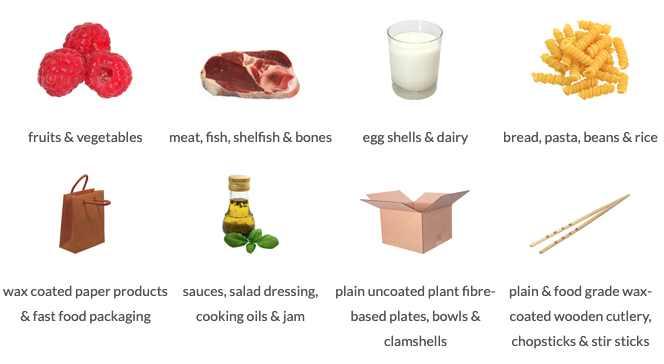Sustainable Surrey
Help the Downtown Surrey BIA help the planet! Act now so that future generations are not negatively affected.
The information found here will help you go green.

Benefits of Going Green
- Save money from reduced energy use and waste consumption
- Improve public relations
- Improve employee pride and morale
- Help save our planet from pollution, global warming, diminishing resources, loss of animal species, and other environmental issues.
Energy
Canada has one of the highest energy consumptions per capita in the world. Luckily there are several small tasks you can do to conserve energy!
Here are some actions that you can encourage in your business to help the planet and save money on your bills:
- Turn off your computer, monitor, and other electronic devices when not in use.
- Use a central power bar such as a Smart Strip (a programmable power bar that can help save energy costing between $20-$50) to plug all devices into, and turn off power bars with the click of 1 switch overnight or for extended periods of time.
- Unplug chargers after cell phones and laptops have been charged. Even when the device is not plugged in, they are still using energy!
- Make the most of natural lighting and keep turning on the lights to a minimum.
- Turn off lights when not in use to reduce energy use and save money.

Use Compact Florescent light bulbs (CFLs).
They last 8 times longer than incandescent bulbs (CFLs bulbs last 2-4 years) and consume a fraction of the energy making them great green options.

FACT
ENERGY STAR CFL light bulbs use up to 75% less electricity than incandescent bulbs.
- Lower your thermostat after hours to save on energy costs.
- Heat and cool spaces strategically to save energy. For example, don’t heat spaces that aren’t used (like a photocopy room, or a storage room)
- Use blinds and curtains to save on heating and cooling costs. For example, close the blinds at night to retain heat.
- Move furniture, rugs, and curtains away from air grills and heating vents to heat your workplace efficiently.

Did you Know?
Laptops use 50% or less energy than the average desktop unit? Working on them instead of desktops will reduce energy.
Organics Ban 2015
Beginning in 2015, ALL food waste and food-soiled paper products will be banned from the landfill. All residences, businesses, institutions and organizations will be required to separate organics from their regular garbage.
Why?
1/3 of waste in landfills is compostable organics! Food scraps that end up in landfills get buried under masses of garbage and are unable to break down. Instead, they create methane, a greenhouse gas which contributes to global warming. One of the goals of Metro Vancouver as a region is to get our recycling rate from 55% up to 70% by the year 2015. This organics ban is one of the key actions to making this target happen.What Do I Do?
Everyone will need to contact their garbage hauler or landlord to determine how the organics will be collected and if they will supply bins. Restaurants/Food Service (includes cafes, fast food restaurants, etc.)- Once the ban is in effect (2015), your business will be required to separate organic materials from regular garbage. Organics will be brought to facilities and turned into compost or biofuel.
- You should have separate bins both in the kitchens and in customer areas for garbage and organics with clear signage of what goes in what.
- We suggest color coding your bins. Green is the standard color for organics.
- You will need to place a couple extra bins for organics in your organization’s lunch room, kitchen, or wherever else there may be food consumed to ensure organics go in separate containers from other garbage.

A Note about Take-Out
Styrofoam can’t be either recycled or composted. To reduce waste and in order to allow customers to recycle their take-out, purchase containers that are recyclable or compostable.Benefits of Recycling Organics
Protect the environment- 60% of waste in landfills is organic and could be diverted to recycling facilities and turned into biofuel or compost.
- Recycling organics reduces greenhouse gas emissions, returns nutrients to the soil and conserves waterways.
- Recycling organics can reduce volumes of garbage; your hauler may adjust your waste removal contract to reflect the reduced volumes of garbage leading to cost savings.
- You can enhance your brand by building customer loyalty by being green.
- Nine out of ten Canadians rate the environment as one of their top concerns. Customers will appreciate and be loyal to your organization if they are aware that you are being sustainable.
- Research shows that more and more job seekers are seeking work with environmentally friendly practices (Source: Metro Vancouver).
- Shared values between employees and employers leads to easier employee recruitment and higher retention.
What Can Go In Organics?

What Not To Put In Organics?
- Styrofoam
- Aluminum paper
- Foil Paper
- Plastics (lids, wrap, trays, packages, cutlery, etc.)
